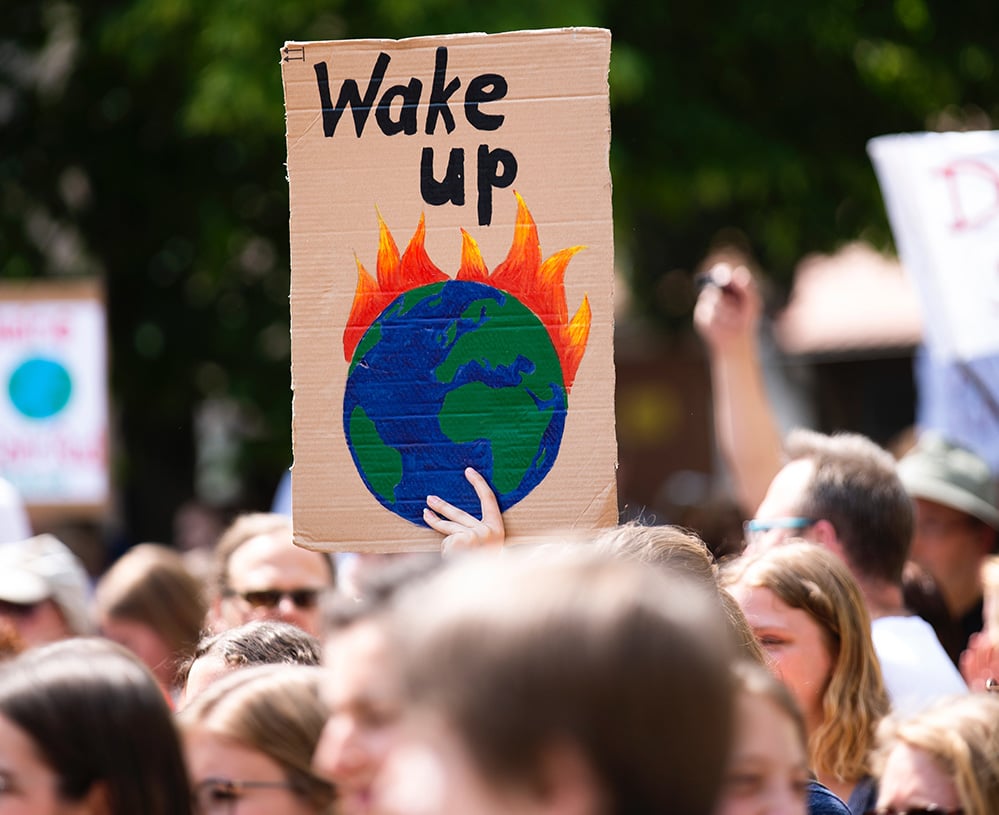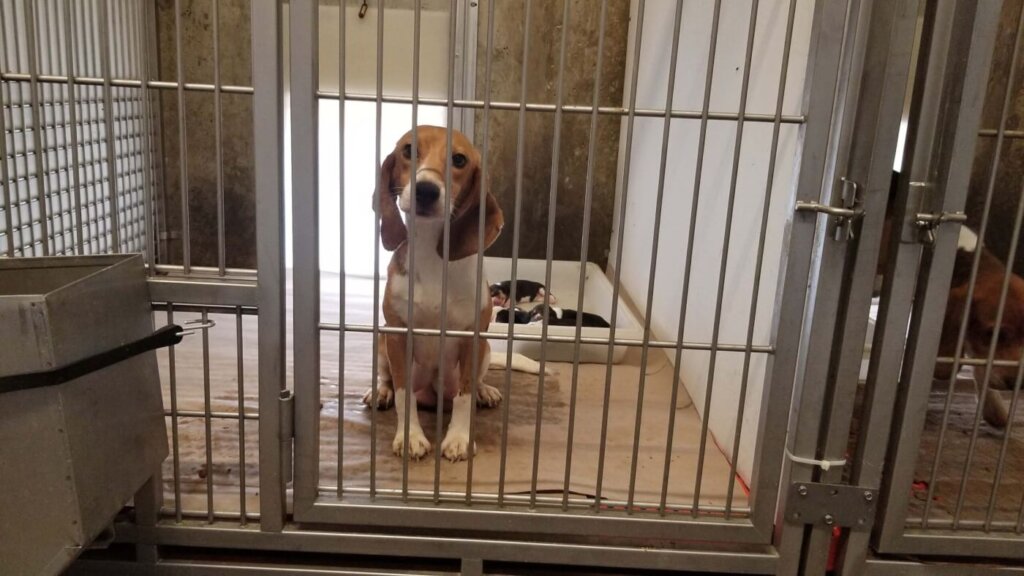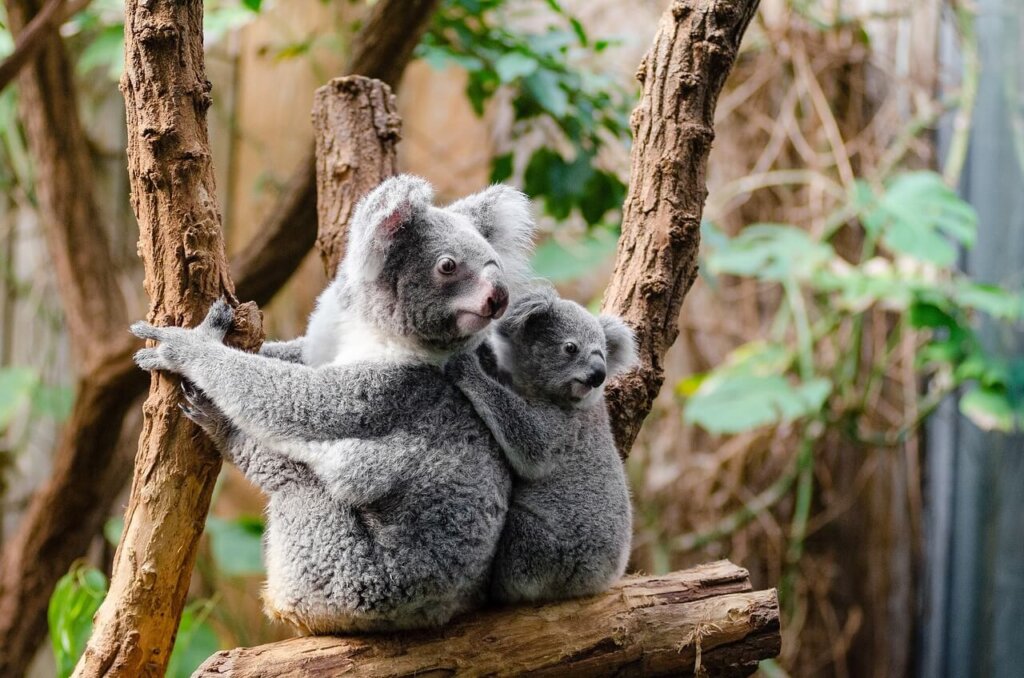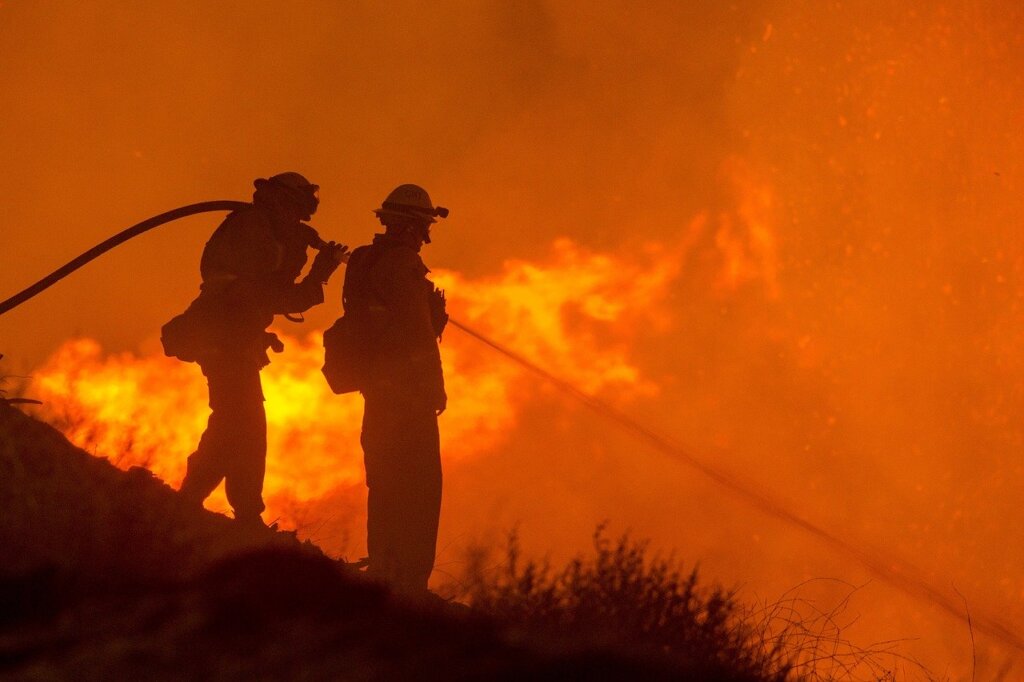
The Link Between Bushfires and Slaughterhouses: Climate Change
Australia is burning. The bushfires have devastated the continent since September and continue to ravage the country at an alarming pace. Photos and videos of charred animals—unable to escape the overwhelming blazes—are everywhere you look online. It’s now estimated that more than one billion animals have already died. Humans, too, are dying and being displaced. Everything about Australia’s current fate seems apocalyptic in scale.
What You Can Do to Help
During the crisis, we’ve seen amazing acts of bravery and compassion from firefighters and volunteers, who are risking their lives to save humans and other animals affected by the fires. You don’t need to run into burning bushland and rescue koalas to help – here is what you can do even if you live on the other side of the planet:
PETA Australia will be holding a vegan sausage sizzle in aid of the Animal Rescue Collective, a volunteer run charity helping animals affected by the Australian fires and dispersing them where they are most needed in the recovery of injured wildlife and to shelters working to rehabilitate affected animals. You can stay informed about how to support this fundraiser via our Facebook page.
This Is a Climate Crisis, and We Must Take Action Like Never Before
Many blame climate change for exacerbating the bushfires, which have burned more acres than recent Amazon rainforest and California fires combined. Around the world, prolonged heat and drought have extended seasonal wildfire periods.
All the while, the U.N. has stated that meat consumption must decrease by as much as 90% in order for us to avoid the most catastrophic effects of climate change. To put it in perspective, the carbon emissions from all of the world’s planes, trucks, ships, and cars are equivalent to the emissions from animal agriculture!
We can (and must) fight climate change. By far, the easiest way is for people to stop eating animals and go vegan right now. It requires zero governmental initiative or promises from some giant corporation. It only involves choosing to leave animals out of the shopping cart on that trip you’re already making to the grocery store.
Australia has never been so affected by or focused on climate change, so PETA and our affiliates are reaching out to companies, celebrities, and politicians – even Prime Minister Scott Morrison – to reiterate the importance of eating for the environment.
The Average Meat-Eater Is Responsible for the Use of 15,000 Litres of Water a Day
While authorities in Australia campaign to kill thousands of camels as they “drink too much water amid the wildfires”, animal agriculture has a far more significant water footprint.
It takes 72% more water to produce a litre of cows’ milk than it does to produce the same amount of soya milk. Go vegan today and you’ll reduce your water footprint by nearly 60%.
One-Third of the Earth’s Land Surface Is Used for Animal Agriculture
Exploiting animals for their milk, flesh, and eggs is pushing our natural environment and life on Earth to its limits: 60% of wild-animal populations have been lost since the 1970s, mainly because of habitat loss. It’s not just happening in Australia with koalas: wild animals are running out of space to live in and are going extinct at an alarming rate around the globe.
Despite this crisis, humans are still razing some of the most species-rich areas on Earth – including across Australia – in order to graze cows or grow soya that is fed to cows, chickens, sheep, and pigs. When we all stop eating meat, eggs, and dairy, global farmland use could be reduced by 75%.
Going vegan can help prevent animals from being burned alive in a bushfire or being slit across the throat in a slaughterhouse.
It’s estimated that more than one billion animals have been killed in Australia’s fires. This is about the same number of land animals who are horrifically slaughtered every few days just so that people can eat their flesh.
No matter if it’s a kangaroo trapped in a barbed-wire fence after running from a scorching fire or cows screaming for their lives as they’re hoisted up by chains to bleed out from their wounds, every one of these animals feared for their lives and did all that they could to stay alive.
The Best Time to Go Vegan Was Yesterday—the Next-Best Time Is Right Now
Many of us feel relatively powerless when facing mass extinctions, rising sea levels, and record-breaking fire seasons, but we actually have a great deal of power to change things if we harness it.
This is exactly why being vegan isn’t some fad diet. It’s a revolutionary action. It’s us exclaiming, “We will not let this planet and countless sensitive animals die on our watch!”
Join the vegan movement today and ask everyone you know to do the same. The Earth itself depends on it.
Meanwhile, the bushfire season is far from over and it’s crucial that everyone with animals has a plan to protect them during a fire or other emergency. Please make sure you have a plan ahead of time, no matter where you live.
Animals Are Suffering in Laboratories – Help Save Them Now




